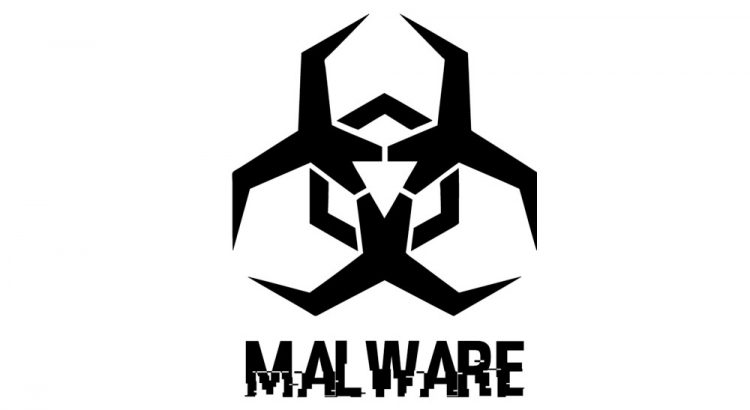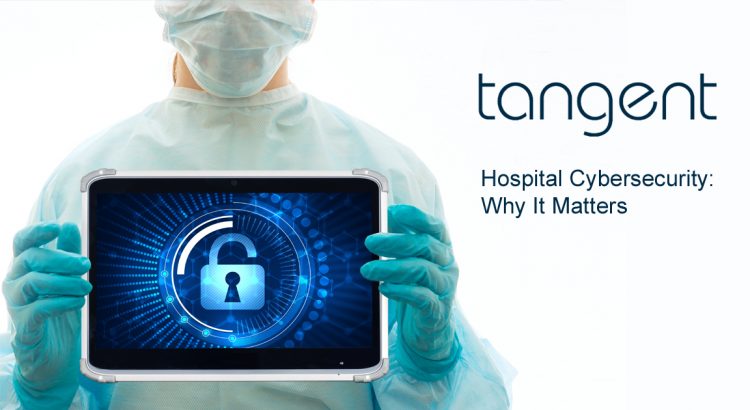Hospitals have come to rely heavily on their medical computer infrastructure. Everything from billing information to patient medical histories are stored on digital devices. These devices have made the task of record keeping much easier for your workers. But they also make it much easier for criminals to access sensitive information. Hackers have taken to […]
Tag: cyber security for healthcare

Keeping Your Hospital Safe From Hackers and Malware
Many of us seldom think about who—or what— is watching us as we browse the internet. Many websites make use of cookies, which are snippets of code that help keep track of data such as passwords or shopping cart items while you browse the site. While cookies are mostly harmless, similar technologies can be deployed […]
